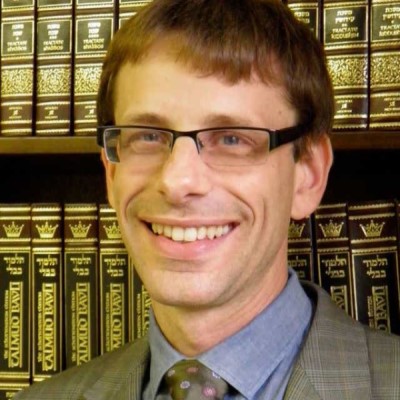
BIO
The Image of the Jew in Western Culture
Dr. Veidlinger’s project entitled “The Image of the Jew in Western Culture” seeks to find answers to the question of why people hate Jews by examining what some of the most prominent and influential writers and thinkers in the historical western tradition have actually written about Jews. The goal of the project is to take ideas, even antisemitic ideas, about Jews seriously in an effort to understand how historical “influencers” have propagated and reflected broader public understandings of the notion of “the Jew.” By presenting the image of the Jew through history, Dr. Veidlinger claims that we can ascertain continuities, isolating the myths and tropes that have remained consistent, as well as notice novelties in the ways that Jews are imagined. Dr. Veidlinger plans to build a website that presents heavily annotated excerpts from influential writings about Jews. These include portrayals of Jews in the Gospels, the writings of the Church Fathers, medieval woodcuts, the writings of Martin Luther, Shakespeare, Spinoza, Menasseh ben Israel, John Toland, Gotthold Efrain Lessing, Walt Whitman, Henry Wadsworth Longfellow, Karl Marx, Leo Pinsker, Sigmund Freud, Bruno Bauer, Houston Steward Chamberlain, Wilhelm Marr, Richard Wagner, Fedor Dostoevsky, Charles Dickens, Mark Twain, George Simmel, Werner Sombart, and others. The annotations will be scholarly and explanatory, geared toward an undergraduate student audience.